
Healthy relationships are built on balance — not perfect 50/50 at all times, but a mutual willingness to show up, invest, and care. When one person consistently gives more energy, time, and love while the other coasts, resentment grows. The imbalance might not be obvious at first; it often reveals itself in small patterns, words, and habits. If you’ve been wondering whether you’re the one carrying the relationship, here are 15 signs you’re putting in more effort than your partner.
You’re Always the One to Reach Out

You notice that if you don’t text, call, or make plans, nothing happens. You’re the one keeping the connection alive while they sit back and respond when convenient. Healthy love isn’t about one person doing all the initiating. If communication always starts with you, it’s a sign the relationship matters more to you than to them. Effort means showing up unprompted, not only when nudged.
You Plan Everything While They Just Show Up

Whether it’s date nights, holidays, or even small daily routines, you’re the planner. They simply attend without thought or initiative. It feels less like teamwork and more like parenting. A relationship should feel like two people building together — not one person doing the labor while the other benefits. If you’re the event coordinator, travel planner, and schedule manager, it’s not romance; it’s an imbalance.
You Apologize First, Even When You’re Not Wrong

Arguments are normal, but reconciliation requires mutual humility. If you’re always the one breaking the silence, sending the first “sorry,” or smoothing things over, it means you’re carrying the emotional responsibility. Respectful love means both partners take accountability. If they leave all the repairing to you, they’re showing comfort in letting you do the heavy lifting while they avoid growth.
Your Needs Are Often Pushed Aside

You know their preferences, needs, and boundaries — and you honor them. But when it comes to yours, they’re overlooked or minimized. Relationships thrive when needs are respected on both sides. If you constantly adjust yourself while they rarely bend, the imbalance becomes clear: you’re putting in effort to make them comfortable, while they rarely return the same care.
You’re the Emotional Support System, But Don’t Get It Back

When they’re stressed, sad, or anxious, you drop everything to comfort them. But when you’re struggling, they go silent or change the subject. Love means carrying each other’s burdens, not using one person as the therapist while refusing to show up in return. If your emotions feel like a one-way street, you’re doing the heavy work of holding the relationship together.
You Make Sacrifices They Don’t Notice
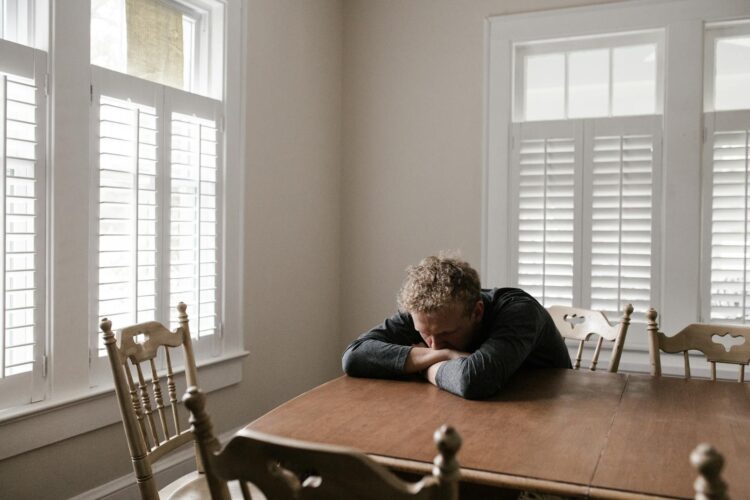
You give up sleep to stay up with them, adjust your schedule for their convenience, or even compromise on your goals to support theirs. Meanwhile, they rarely adjust for you. Relationships demand sacrifice, but it should be mutual. If you find yourself constantly giving while they coast, it reveals not only an imbalance but also their lack of gratitude. Effort isn’t real if it only flows one way.
You’re Always the One Trying to Fix Things

When issues come up, you brainstorm solutions, suggest compromises, and push for change. They, on the other hand, shrug or act indifferent. This leaves you feeling like the only one invested in keeping the relationship alive. Love requires problem-solving from both people. If you’re always patching holes while they watch the ship sink, it’s not just an effort imbalance — it’s a warning sign.
They Rarely Ask About Your Life

You know all about their coworkers, friends, family drama, and struggles — because you ask. But when it comes to your world, they don’t show curiosity. Respect and love are shown in questions: “How was your day?” “What’s stressing you out?” If you’re always pouring interest into their life and they barely notice yours, it reveals their comfort with taking, not giving.
You Excuse Their Behavior Constantly

You find yourself justifying their inattention, their coldness, or their lack of effort to friends and family. “They’re just busy.” “They’re not good with words.” “They’ll change.” Excusing becomes a survival tactic — because deep down, you know they’re not showing up equally. When one partner spends more energy defending the other’s neglect than receiving their love, imbalance is undeniable.
You Feel Tired, Not Nurtured
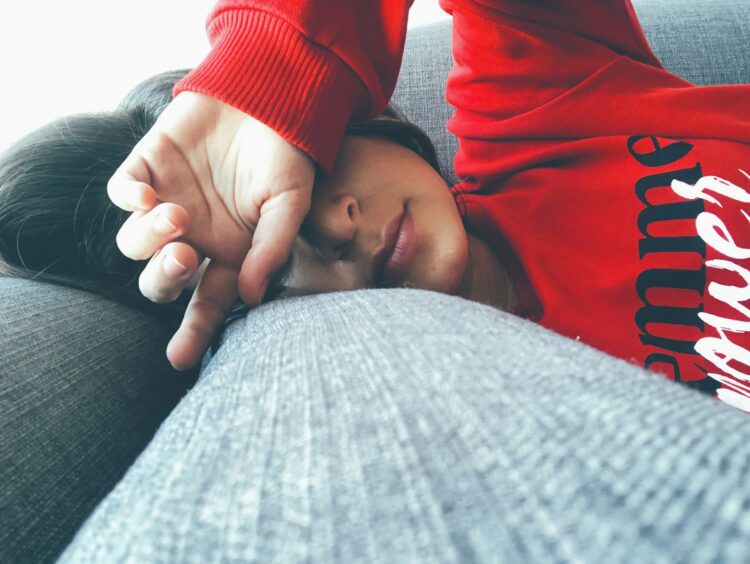
Relationships aren’t meant to drain you more than they fill you. If every conversation leaves you exhausted, if planning feels like a second job, and if you collapse at the end of the day feeling unseen, you’re carrying the load. Love should renew and energize at least as much as it demands. When the scale tips toward exhaustion, it means you’re putting in far more than you’re receiving.
You’re the One Who Brings Up the Future

You initiate conversations about where the relationship is heading — moving in, marriage, and goals. They either avoid, deflect, or respond vaguely. If you’re the only one steering the long-term vision, you’re effectively dragging them forward. Mutual investment means dreaming together. If they can’t bring themselves to talk about tomorrow, it’s because they’re comfortable letting you carry both today and the future alone.
You Overlook Red Flags Just to Keep the Peace

You notice dismissive comments, avoidant behavior, or lack of support — but instead of addressing it, you tell yourself not to overreact. You carry the weight of compromise, bending to preserve harmony. Meanwhile, they coast without adjusting. True love doesn’t require silencing your instincts or lowering your standards. If you’re always ignoring red flags while they ignore your needs, the effort is one-sided.
You Adjust Your Life Around Theirs
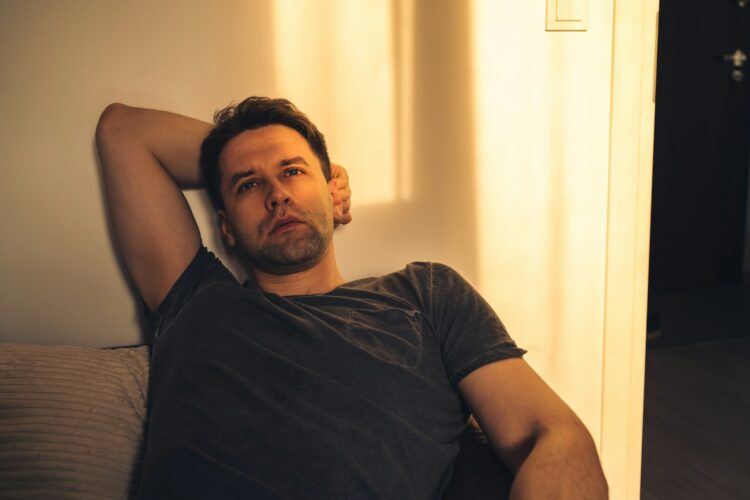
You compromise your schedule, hobbies, or friendships to make room for them — but they rarely do the same. Your world bends to accommodate theirs, but theirs doesn’t shift for yours. This dynamic makes you the flexible one, the accommodator, the person who rearranges everything to keep the relationship afloat. Healthy relationships thrive when both people make space, not when one person shrinks their life to fit into the other’s.
You’re More Worried About Losing Them Than They Are About Losing You
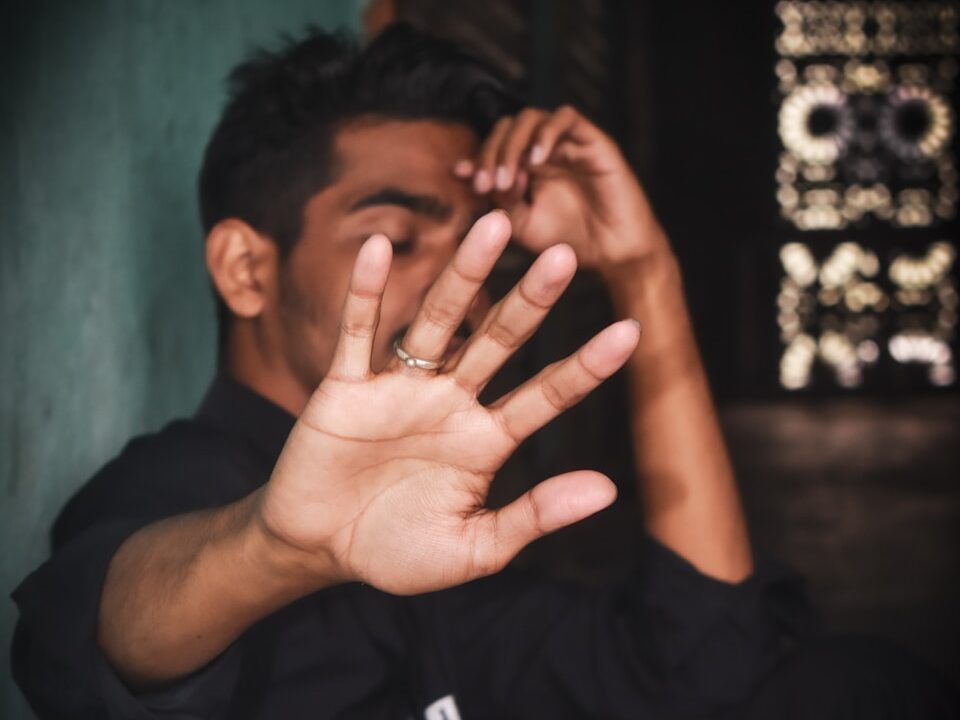
You find yourself terrified of losing them, replaying arguments, and strategizing how to hold things together. Meanwhile, they act confident that you won’t leave. Respectful partners show equal concern for the relationship’s survival. If you’re the only one scared of it ending, it means you’re the only one fighting to keep it alive. That fear is often the clearest sign of imbalance.
Deep Down, You Already Feel Alone
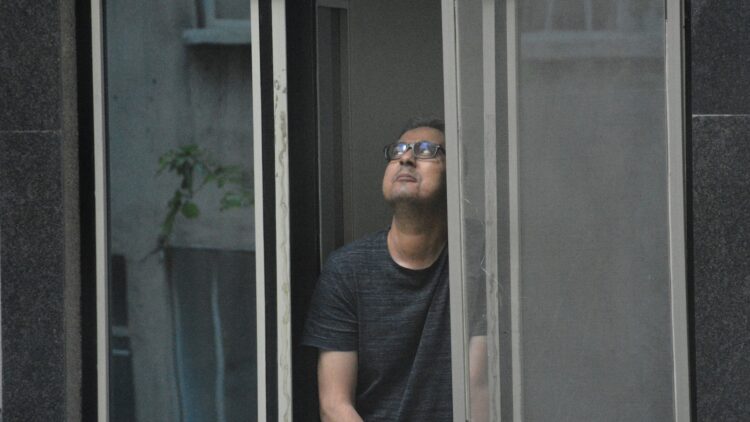
The harsh truth is that when you’re putting in all the effort, the relationship begins to feel lonely — even while sharing it with someone. You can sense the imbalance, even if you avoid saying it aloud. If you feel unsupported, unseen, and like the connection would fall apart without your constant work, you’re not in partnership. You’re in a dynamic where love is one-sided — and that is never sustainable.

